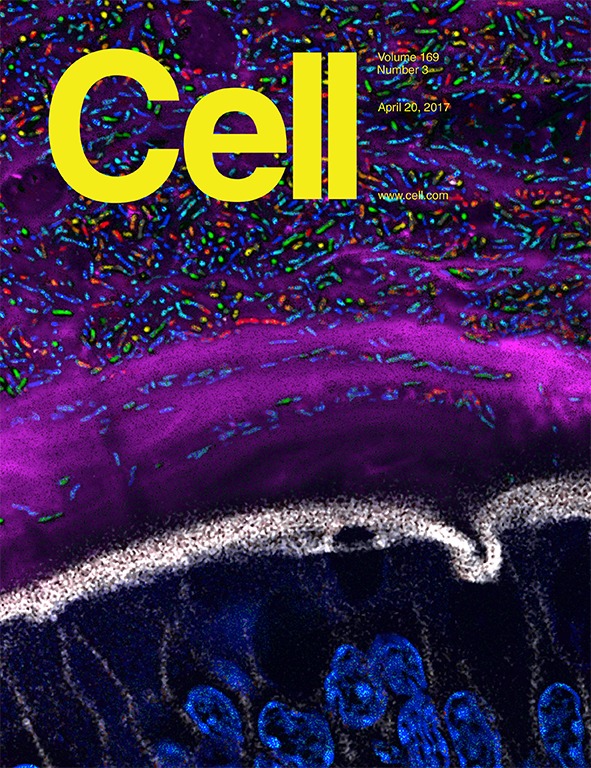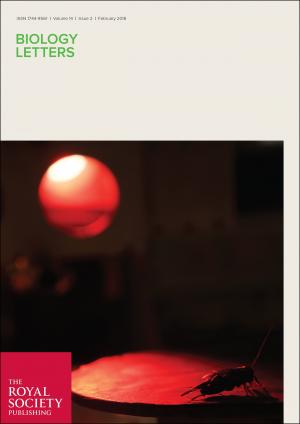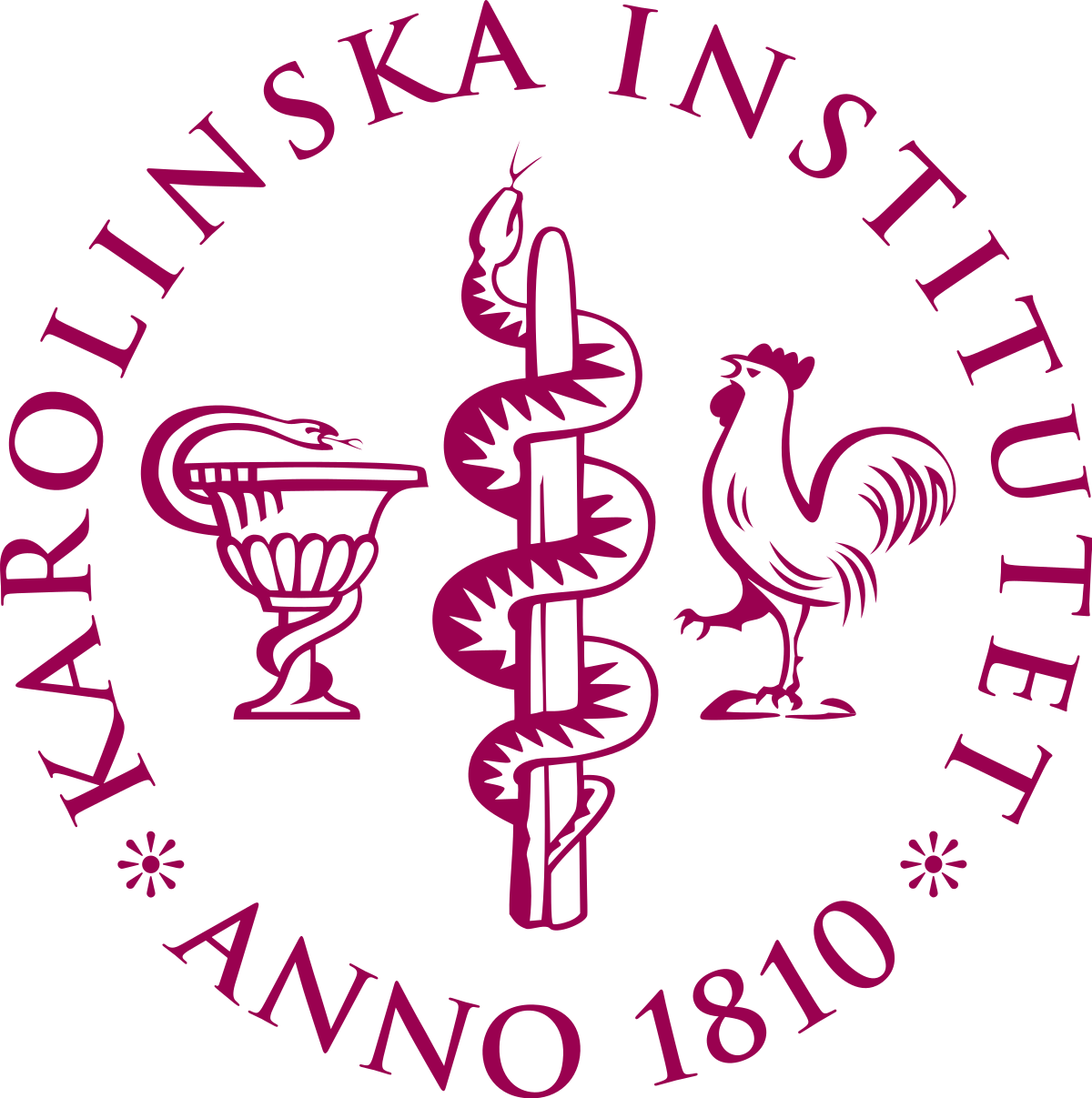
An external probe has concluded that a researcher based at the University of Gothenburg committed misconduct in multiple papers, all of which should be withdrawn.
Among 10 papers by Suchitra Sumitran-Holgersson at the University of Gothenburg, an Expert Group concluded that eight contained signs of scientific misconduct. The Expert Group, part of Sweden’s Central Ethical Review Board, also found evidence of problems within her laboratory environment.
In an email to Retraction Watch, Sumitran-Holgersson denied any “willful manipulation of data.”
According to the report (in Swedish, which we translated using Google):
Continue reading Probe finds misconduct in eight papers by researcher in Sweden

 A former researcher at New York University falsified and/or fabricated data in multiple papers and grant applications,
A former researcher at New York University falsified and/or fabricated data in multiple papers and grant applications,  After being “blindsided” a few months ago when she was told one of her 2005 papers was going to be retracted, a researcher scrambled to get information about why. And when she didn’t like the answers, she took to PubPeer.
After being “blindsided” a few months ago when she was told one of her 2005 papers was going to be retracted, a researcher scrambled to get information about why. And when she didn’t like the answers, she took to PubPeer. An independent analysis of how The Ohio State University reviewed allegations of misconduct against a high-profile cancer researcher has found that the institution “complied with applicable law and with relevant institutional policies and reached reasoned and supportable conclusions.”
An independent analysis of how The Ohio State University reviewed allegations of misconduct against a high-profile cancer researcher has found that the institution “complied with applicable law and with relevant institutional policies and reached reasoned and supportable conclusions.” A biology journal is investigating concerns about a 2014 paper by a marine biologist
A biology journal is investigating concerns about a 2014 paper by a marine biologist When the
When the  The Karolinska Institutet in Sweden has declared that once-lauded surgeon
The Karolinska Institutet in Sweden has declared that once-lauded surgeon 
